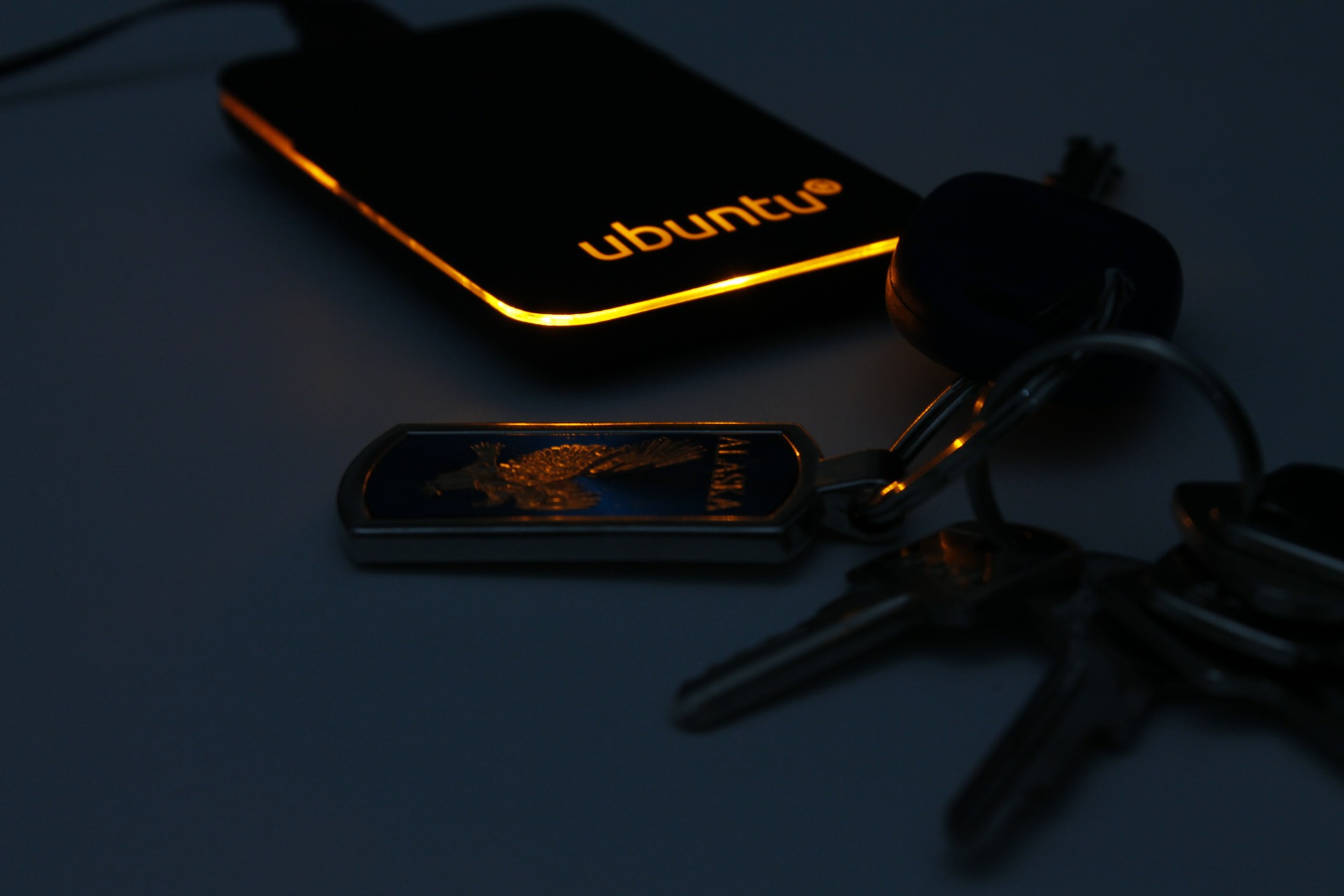概要
DockerでWordpressを立てたときの備忘録です。ホスト側でNginxが動いていて、SSL証明書も取得済みなので、Wordpressもその仕組に乗っけます。
過去の関連記事
- Ubuntu 19.10 でPPPOE接続をしてポート開放を行う。
- [RaspberryPi]ドコモ光からNuro光に変えたので、PPPoE接続をやめて普通のポート開放に変更した
- [Raspberry pi4] Ubuntu 20.10 のヘッドレスインストール。 キーボード、ディスプレイなしでインストールする方法
- [Raspberry pi4] NginxのインストールとLet’s EncryptからSSLサーバー証明書を取得する
- [Raspberry pi4] Docker でメールサーバーを建てる。
- [Raspberry pi4] Docker で WordPress を動かす。★ ←ここ
試した環境
Raspberry Pi 4 Ubuntu 20.10 (arm64)
$ nginx -v
nginx version: nginx/1.18.0 (Ubuntu)
$ docker –version
Docker version 20.10.2, build 2291f61
$ docker-compose –version
docker-compose version 1.25.0, build unknown
WordPress のコンテナは Official Image を使います。
WordPressを動かすラズパイは、ポート80と443 を解放済み、SSL証明書も取得済みです。
docker-compose.yml
オフィシャルサイトを参考に docker-compose.yml を作ります。ラズパイのアーキテクチャ(arm64)用のMySQL5.7のイメージがなかったので、DBのイメージは、mysql/mysql-server:latest (MySQL 8.0)を使ってみました。
version: '3.1'
services:
wordpress:
image: wordpress
restart: always
ports:
-<span class="bold-red"> 127.0.0.1:8080:80 # 8080 が外部に公開されないように 127.0.0.1を追記しています</span>
environment:
WORDPRESS_DB_HOST: db
WORDPRESS_DB_USER: wordpress
WORDPRESS_DB_PASSWORD: wordpress
WORDPRESS_DB_NAME: wp
volumes:
# - wordpress:/var/www/html
- ./html:/var/www/html
# - ./php.ini:/usr/local/etc/php/php.ini
depends_on:
- db
db:
<span class="bold-red">image: mysql/mysql-server:latest </span># MySQLのImageを変更
# image: mysql:5.7
restart: always
environment:
# MYSQL_ROOT_PASSWORD: wordpress
MYSQL_RANDOM_ROOT_PASSWORD: '1'
MYSQL_USER: wordpress
MYSQL_PASSWORD: wordpress
MYSQL_DATABASE: wp
volumes:
- db:/var/lib/mysql
volumes:
db:
# wordpress:プラグインやテーマなどをEmacsで直接編集したかったので、使い勝手のために、html フォルダをホスト側にバインドマウントしていますが、通常はボリュームのままで良いでしょう。そのへんはお好みで。
WordPressを起動する
docker-compose を実行して、コンテナを起動します。
# コンテナを起動
$ docker-compose up -d起動すると、ホストの ポート 8080にバインドされます。
Nginxの設定
/etc/nginx/sites-available/default を編集して、ポート80と443でWordpressを外部に公開します。
##
# You should look at the following URL's in order to grasp a solid understanding
# of Nginx configuration files in order to fully unleash the power of Nginx.
# https://www.nginx.com/resources/wiki/start/
# https://www.nginx.com/resources/wiki/start/topics/tutorials/config_pitfalls/
# https://wiki.debian.org/Nginx/DirectoryStructure
#
# In most cases, administrators will remove this file from sites-enabled/ and
# leave it as reference inside of sites-available where it will continue to be
# updated by the nginx packaging team.
#
# This file will automatically load configuration files provided by other
# applications, such as Drupal or WordPress. These applications will be made
# available underneath a path with that package name, such as /drupal8.
#
# Please see /usr/share/doc/nginx-doc/examples/ for more detailed examples.
##
# Default server configuration
#
server {
# SSL configuration
#
# listen 443 ssl default_server;
# listen [::]:443 ssl default_server;
#
# Note: You should disable gzip for SSL traffic.
# See: https://bugs.debian.org/773332
#
# Read up on ssl_ciphers to ensure a secure configuration.
# See: https://bugs.debian.org/765782
#
# Self signed certs generated by the ssl-cert package
# Don't use them in a production server!
#
# include snippets/snakeoil.conf;
root /var/www/html;
# Add index.php to the list if you are using PHP
index index.html index.htm index.nginx-debian.html;
<span class="bold-red"> server_name nosubject.io;
client_max_body_size 512M;</span>
location / {
# First attempt to serve request as file, then
# as directory, then fall back to displaying a 404.
<span class="bold-red"> #try_files $uri $uri/ =404;
proxy_set_header Host $host;
proxy_set_header X-Forwarded-Host $host;</span>
<span class="bold-red"> proxy_set_header X-Forwarded-Proto $scheme;
proxy_set_header X-Forwarded-Server $host;
proxy_set_header X-Forwarded-For $proxy_add_x_forwarded_for;
proxy_pass http://localhost:8080/;</span>
}
# pass PHP scripts to FastCGI server
#
#location ~ \.php$ {
# include snippets/fastcgi-php.conf;
#
# # With php-fpm (or other unix sockets):
# fastcgi_pass unix:/var/run/php/php7.2-fpm.sock;
# # With php-cgi (or other tcp sockets):
# fastcgi_pass 127.0.0.1:9000;
#}
# deny access to .htaccess files, if Apache's document root
# concurs with nginx's one
#
#location ~ /\.ht {
# deny all;
#}
<span class="bold-red">
listen [::]:443 ssl ipv6only=on; # managed by Certbot
listen 443 ssl; # managed by Certbot
ssl_certificate /etc/letsencrypt/live/nosubject.io/fullchain.pem; # managed by Certbot
ssl_certificate_key /etc/letsencrypt/live/nosubject.io/privkey.pem; # managed by Certbot</span>
<span class="bold-red"> include /etc/letsencrypt/options-ssl-nginx.conf; # managed by Certbot
ssl_dhparam /etc/letsencrypt/ssl-dhparams.pem; # managed by Certbot</span>
}
# Virtual Host configuration for example.com
#
# You can move that to a different file under sites-available/ and symlink that
# to sites-enabled/ to enable it.
#
#server {
# listen 80;
# listen [::]:80;
#
# server_name example.com;
#
# root /var/www/example.com;
# index index.html;
#
# location / {
# try_files $uri $uri/ =404;
# }
#}
<span class="bold-red">server {
if ($host = nosubject.io) {
return 301 https://$host$request_uri;
} # managed by Certbot
listen 80 default_server;
listen [::]:80 default_server;
server_name nosubject.io;</span>
<span class="bold-red"> return 404; # managed by Certbot
}</span>
Nginxを再起動する
設定を反映するため再起動します。
$ sudo systemctl restart nginxhttps://nosubject.io で 外からWordpressがみえるようになりました。Certbotがhttpに来た接続を https に飛ばすような記述を追加してくれていますので、http -> httpsの転送がちゃんと動いているかも確認しましょう。
まとめ
Dockerを使って、メールサーバとWordpressを動かすことができました。ラズパイ4の8GB RAM版を使っているので、まだまだ余力がありそうです。
~$ free -h
total used free shared buff/cache available
Mem: 7.6Gi 1.1Gi 5.1Gi 78Mi 1.4Gi 6.4Gi
Swap: 0B 0B 0B

Pi3の4GBモデルが存在したらそれで十分そう。


コメント